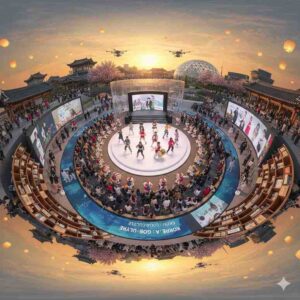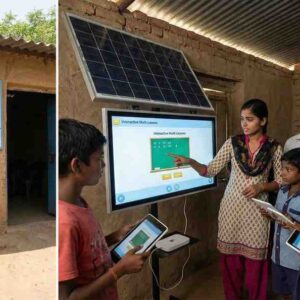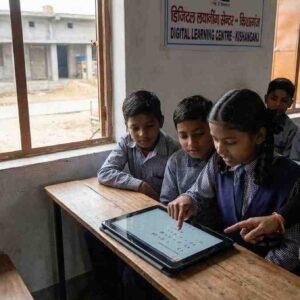Exploring the Vast Landscape of Knowledge Beyond Job Preparation
Introduction: The Traditional Paradigm
In many households across the globe, the pathway seems straightforward: education is primarily seen as the direct route to secure employment. From this perspective, every class, textbook, and exam is a stepping stone towards a well-defined career. However, this linear approach might be constricting the broader, richer landscape of learning that education offers.
1. Unpacking the Career-First Approach
The Job-Centric Model
- Focused Outcome: Education systems often prioritize job-specific skills, tailored towards industries with high employment rates. This system evaluates success through job placements rather than knowledge or personal growth.
- Standardized Curriculum: Driven by market demands, curricula are designed to churn out job-ready graduates, often at the expense of creative and critical thinking skills.
Implications for Learners
- Limited Scope: Students are encouraged to specialize early, potentially closing off diverse intellectual pursuits and personal exploration.
- Pressure Cooker Environment: The relentless focus on career outcomes can lead to stress and anxiety, detracting from the joy and intrinsic motivation of learning.
2. The Broad Horizons of Holistic Education
Learning as Exploration
- Curiosity as a Compass: Imagine education as a journey guided by curiosity, where subjects are interconnected landscapes to explore, rather than isolated islands to conquer for grades.
- Integration of Disciplines: Holistic education blurs the lines between subjects, fostering a more integrated understanding of how knowledge from one area can enrich another.
Benefits of a Rounded Approach
- Adaptability: In an ever-changing world, adaptability is key. A broad education equips students with a versatile toolkit to navigate diverse challenges.
- Innovation: By intersecting various fields of study, students can discover novel solutions and innovative ideas that a narrow focus might never reveal.
3. Real-Life Applications of Holistic Learning
From Classrooms to Real World
- Case Studies: Consider the stories of innovators who credit their achievements not to a specific set of skills, but to a broad base of knowledge and the ability to think differently.
- Educational Initiatives: Highlight programs that prioritize interdisciplinary studies and projects that solve real-world problems, demonstrating the practical value of broad learning.
Cultural Shifts
- Community and Parental Roles: How can communities and parents support educational environments that value knowledge for its own sake? Encouraging participation in diverse educational activities can broaden horizons.
4. Challenging the Status Quo
Advocacy for Change
- Educational Reform: Advocating for changes in educational policy to support a curriculum that values creativity and critical thinking over rote memorization and narrow job training.
- Success Redefined: Schools and educators can lead by showcasing success stories that highlight varied paths of learning and achievement beyond traditional career trajectories.
Conclusion: A Call to Broaden Educational Goals
Education should be a vibrant journey of discovery, not a narrow highway to employment. By shifting our perspective and valuing learning for its own sake, we can liberate generations of students to explore, create, and innovate. As society begins to appreciate the rich tapestry of knowledge that a holistic education weaves, we not only enhance individual lives but also enrich our collective future.
In essence, reimagining the purpose of education to encompass a wider spectrum of learning can transform schools from mere career pipelines into crucibles of exploration and personal development. This change isn’t just beneficial; it’s essential for cultivating a society that values wisdom, adaptability, and lifelong learning.










